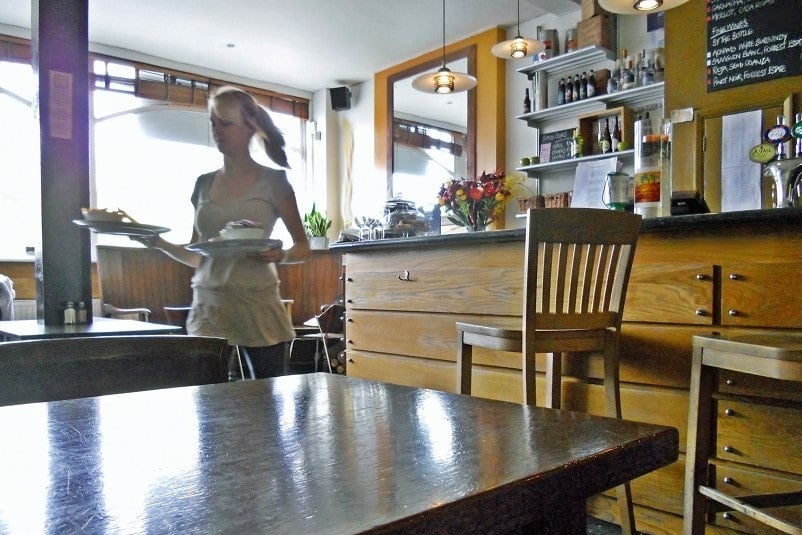 The minimum wage is much more than a mere economic calculation, a forecast, a number rounded to the nearest decimal point. When we talk about the minimum wage, we speak in the language of numbers, relegating people to a cell in a spreadsheet. We often forget to pause, read between the lines and consider the impact of a particular calculation.
The minimum wage is much more than a mere economic calculation, a forecast, a number rounded to the nearest decimal point. When we talk about the minimum wage, we speak in the language of numbers, relegating people to a cell in a spreadsheet. We often forget to pause, read between the lines and consider the impact of a particular calculation.
For more than 1 million Australians, the minimum wage represents a lifeline and a chance of a better life. A child’s education, fresh food in the trolley, a health bill, petrol, a new pair of socks. For Australia as a whole, the minimum wage is a symbol of our mutual respect for the equal worth, dignity and freedom of all individuals.
Treating people with dignity and respect is at the heart of the Church and with that comes a moral responsibility to advocate for it.
When it comes to social welfare, Australia remains the envy of much of the world. We have historically boasted one of the most efficient and progressive social security systems.
However, somewhere along the line, we have lost our way. The system has failed to protect the most vulnerable members of our community.
The percentage of Australians living in poverty actually has actually increased over the last decade. Even more disturbing is that a recent report from ACOSS revealed there are over 700,000 children in Australia living in poverty.
In 2009, Pope Benedict predicted the need for “a profoundly new way of understanding business enterprise” in which economic choices do not worsen inequality.
“The economy needs ethics in order to function correctly – not any ethics whatsoever, but an ethics which is people-centred,” said Pope Benedict.
Last week, the Australian Catholic Council for Employment Relations (ACCER) lodged a wage claim in the Fair Work Commission’s Annual Wage Review.
ACCER asked the Fair Work Commission to increase the National Minimum Wage and award wage rates.
The increases are essential because the current standards do not allow low-income Australian working families to avoid poverty and achieve a decent standard of living.
The fact that low-income wage-dependent families continue to live in poverty is a stark reality hidden in other national statistics which for the past two decades have reported increases in Australian income and living standards.
The current National Minimum Wage is by no means a living wage and does not allow low income families to provide for their children and lead a fulfilling, enriching life.
The Fair Work Commission needs to take seriously the extent of poverty, particularly child poverty, in families living on the minimum wage.
To make matters worse, the recent axing of the Schoolkids Bonus will push some wage-dependent families further below the poverty line. For a low paid worker supporting two school age children, the supposed benefits of last year’s minimum wage increases were negated entirely by the removal of the Schoolkids Bonus at the end of 2016.
We really need to confront the mindset that Australia must reduce its wage levels in order to protect its competitiveness and employment opportunities. This pursuit of global competitiveness directly assaults those most economically and socially marginalised in our community.
Economic inequality is socially corrosive and prioritising global competiveness over social inequality is short sighted.
In our submission we have asked the Fair Work Commission for an increase of $37.30 per week to the National Minimum Wage to bring it to $710.00 per week and $18.70 per hour; and, an increase of $30.70 per week to all award wage rates.
At the crux of our wage claim is the need to alleviate poverty among low paid working families and to recognise the cumulative impact of cuts to social safety net payments.
For the last three decades minimum wage increases have been reduced on account of improvements in the social safety net. Now that the benefits provided by the social safety net are being removed, it would seem logical for minimum wages to be increased to account for those cuts.
In the global, connected world that we live in, it is often sometimes easier for us to look abroad before tackling problems closer to home. There is no perfect formula, no one step solution. The Annual Wage Review is an important opportunity for us to look beyond the figures and the calculations and to consider the real costs and real lives at stake.
